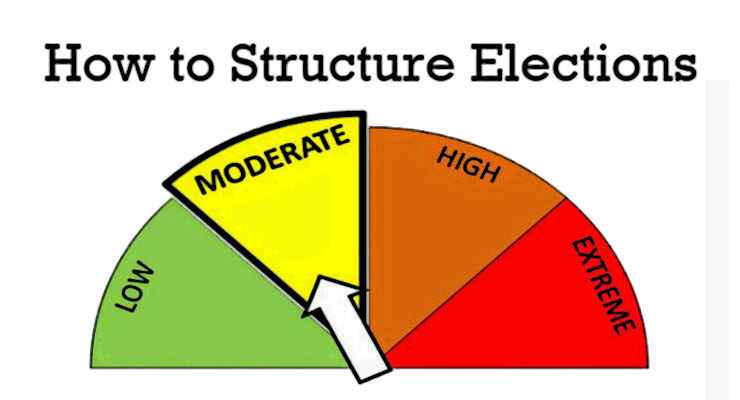
A unique mathematical model has been developed that shines new light on representative politics in a refreshing way. The research is the product of two economics professors who have careers built on promising work such as this: Vanderbilt University’s Mattias Polborn and Stefan Krasa of the University of Illinois. The two published a paper on their new model, titled Political Competition in Legislative Elections, in the prestigious American Political Science Review. The abstract:
We develop a theory of electoral competition in multidistrict legislative elections when nomination decisions are made by local policy-motivated party members, and voters care about both local and national positions. We show that the asymmetry generated by different national party positions reduces or even entirely removes the competitive pressure to nominate moderate candidates. The model has important implications for our understanding of policy divergence and, in particular, of the effects of gerrymandering.
According to a recent review of the paper by the award-winning science news website Science Daily:
This new model represents the fundamental competitive forces in legislative elections as they unfold today, and is the first to consider the impact of outside elections on voters’ choices. It also helps explain how gerrymandering contributes to polarization — even in non-gerrymandered districts.
Leave a Reply